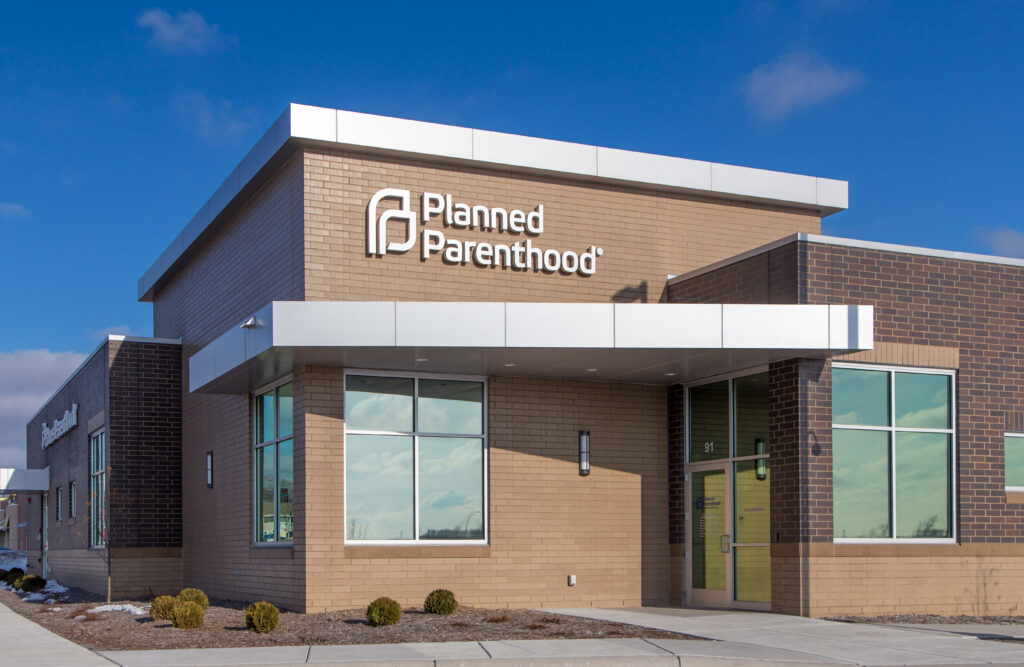Health Risk: Nebraska’s 2020 Abortion Report Reveals Sharp Increase in Chemical Abortions
International Studies Show Chemical Abortions Inflict Four Times More Complications Than Surgical Abortions
Washington, D.C. – Newly released Nebraska abortion data shows a significant increase in women using potentially dangerous abortion drugs, which have been found to pose higher rates of complications.
Data collected by the Nebraska Department of Health and Human Services and analyzed by Charlotte Lozier Institute (CLI) reveals that in 2020 the Cornhusker State saw a 33.7% rise in chemical abortions from the previous year, totaling 71% of all abortions in the state.
“Multiple studies from researchers on all sides of the abortion issue demonstrate that complications are several times more frequent in chemical than surgical abortions,” noted Tessa Longbons, a CLI research associate who analyzed the Nebraska data. “These complications can include increased pain and bleeding, infection, and the occurrence of an incomplete abortion requiring surgical intervention. As chemical abortions in Nebraska rapidly increase, complications are likely to increase as well. While Nebraska already collects some data, state health officials could improve their reporting by exceeding the FDA’s lax guidelines and ensuring that all complications, including those diagnosed and treated after the woman has left the abortion center, are properly reported.”
A recent study, written in part by CLI scholars, examined cases of death and severe adverse events after chemical abortions nationwide, especially focusing on mifepristone, the first drug used in the two-part chemical abortion process.
The study analyzed complications which occurred between September 2000 and February 2019:
- More than 20 women died of complications from chemical abortions
- More than 500 life-threatening complications were reported
- Nearly 2,000 “severe” complications were reported
The study authors also estimated that complications are significantly underreported in the U.S., with the U.S. Food and Drug Administration (FDA) relaxing reporting requirements even further in 2016.
CLI President Charles A. “Chuck” Donovan said:
“Abortion pills are presented as a quick and easy solution to an unexpected pregnancy. Science shows otherwise. As many as 1 in 5 women who use abortion pills experience medical complications, and the emotional toll is rarely discussed.
“If you read through the first-person accounts of women who underwent a chemical abortion, you’ll find some common themes. One is feeling totally unprepared for the pain and bleeding they suffered. Tragically, other themes are regret, isolation, and a lack of choice. As a community, we should present these women and their children with better options, including both prenatal and postnatal support from local pregnancy centers and other life-affirming providers.”
In addition to the sharp increase in chemical abortions, Nebraska saw a 15% increase in total abortions in 2020, the highest level since 2010. Forty percent of Nebraska abortions were performed on women who had previously obtained an abortion.
Click here to read CLI’s full analysis of Nebraska’s 2020 abortion statistics.
Charlotte Lozier Institute was launched in 2011 as the education and research arm of Susan B. Anthony List. CLI is a hub for research and public policy analysis on some of the most pressing issues facing the United States and nations around the world. The Institute is named for a feminist physician known for her commitment to the sanctity of human life and equal career and educational opportunities for women.
###
























